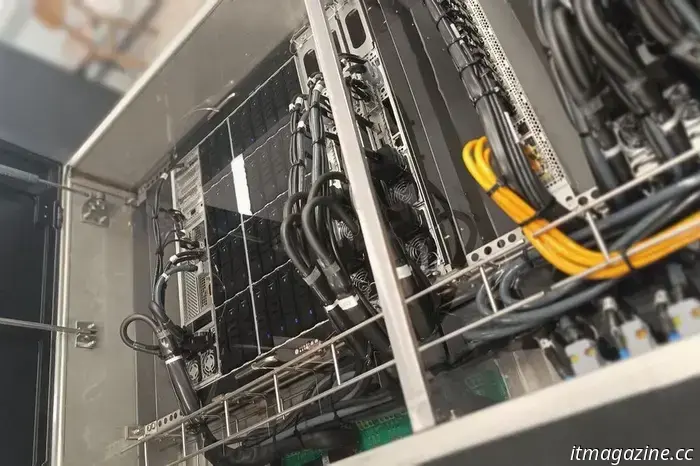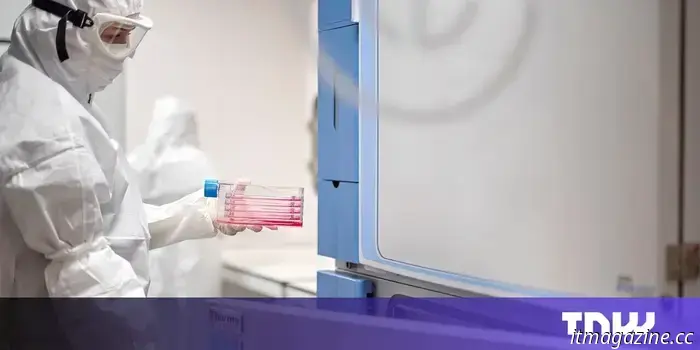
Rostec has launched the production of servers with an innovative cooling system.
The state corporation Rostec, through its holding company Rosel, has begun mass production of high-performance computing systems with an advanced liquid cooling system. These solutions are designed for running and training powerful neural networks, with their key advantage being a significant reduction in energy consumption and compactness compared to traditional data centers. Instead of fans and radiators, the new servers utilize immersive liquid cooling. Equipment is placed in a special dielectric fluid that effectively transfers heat without interfering with electronics. This allows components to be packed much more densely, reducing the data center footprint by 3–5 times. But most importantly, this system is much more economical. Compared to air cooling, it lowers energy costs by 30–50%, which is especially important for large data centers consuming huge amounts of electricity. Additionally, the dielectric used in the system is completely safe: it does not burn, is non-toxic, and is even biodegradable, unlike traditional refrigerants like Freon.
How important is this for Russia?
Developing its own liquid cooling technologies is a serious step toward technological sovereignty. Until now, such solutions were predominantly supplied from abroad, but now Russian companies will be able to outfit their data centers with domestic equipment. This is especially relevant amid rising demand for capacity in artificial intelligence and machine learning. As noted by Rosel, Russia is among the few countries developing this technology, alongside the USA and China. In the coming years, liquid cooling could become the new standard for supercomputers and large data centers, and Russian developments will have the chance to establish themselves not only domestically but also in the international market.
Silence, durability, and performance
In addition to energy efficiency, the technology has other advantages. The hermetic environment protects equipment from dust, corrosion, and temperature fluctuations, extending its lifespan. Moreover, the system allows overclocking processors and graphics cards without the risk of overheating, which is critical for training neural networks requiring extensive computational resources. The launch of serial production of such servers could significantly change the landscape of the Russian IT market. First, companies engaged in AI and big data will gain access to more efficient and economical solutions. Second, dependence on imported equipment will decrease, which is especially important under sanctions. Third, the environmentally friendly nature of the technology makes it promising for “green” data centers, in line with the global trend to reduce the carbon footprint. If Rostec can scale up production and offer competitive prices, Russian developments could capture a significant share not only domestically but also in overseas markets, where demand for energy-efficient solutions for data centers is only growing. So, perhaps in a few years, we will see Russian servers with liquid cooling becoming a subject of export.
Rostec has launched the production of servers with an innovative cooling system.
Rostec State Corporation, through its holding "Rosel," has begun mass production of high-performance computing systems with advanced liquid cooling technology. These solutions are designed for the operation and training of powerful neural networks, with their key advantage being significantly reduced power consumption and compactness compared to traditional data centers.

